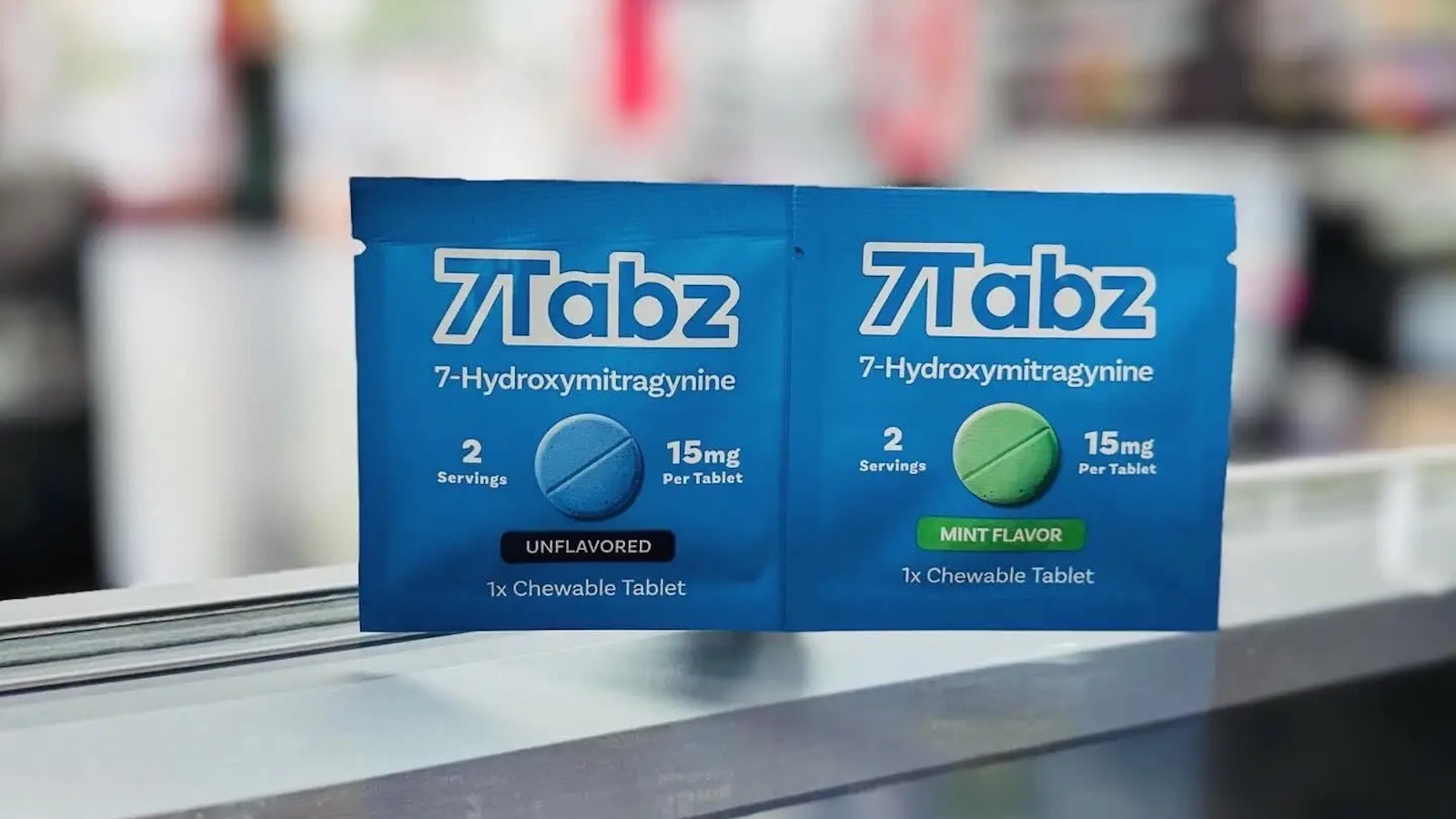
How the FDA Created a Black Market in Innovation
Peter Thiel, the billionaire entrepreneur who brought the world PayPal, is putting money into testing an experimental vaccine that could be used to combat the herpes virus.
Ordinarily, such news would be cause for celebration, but there’s a catch — Thiel is conducting his research outside of U.S. jurisdiction, in order to avoid the medical bureaucracy of the Food and Drug Administration. And the FDA is not happy about it.
The major point of contention is that Thiel is testing on human subjects — people who already have herpes and have volunteered to be flown out to his facility. According to the FDA, this violates the principles of medical ethics and could put people’s lives in danger. They are condemning Thiel’s research as dangerous and unethical.
I do not wish to dismiss these concerns, or full-throatedly defend what Thiel is doing; medical ethics bring up many complex and serious issues that should be carefully considered on a case-by-case basis. But Thiel does have a point, in that the FDA’s standards are so rigid that they have a stifling effect on innovation. He has observed that “you would not be able to invent the polio vaccine today” due to the stringent controls of government regulators, and he’s probably right.
Bringing new drugs to market can take decades and cost billions, as developers are forced to jump through countless regulatory hoops. It’s no wonder that someone like Thiel, who thrives on disrupting the status quo with radical innovation, would find such restrictions unacceptable, and use his wealth to color outside the lines.
The lesson here is that when you disincentivize and make acting legally so incredibly cumbersome, people are inevitably going to operate outside the law. Black markets form because prohibitionists don’t take into account human nature, and the fact that determined people will not be deterred from their goals.
This phenomenon is not limited to strict prohibitions. If you make any behavior sufficiently difficult to engage in legally, people will find a way to do it illegally. A prime example is the wave of opioid abuse currently sweeping the nation. Doctors, after prescribing addictive pain medicine, then cut off the supply, leading newly addicted patients to turn to black-market heroin to get their fix.
We tend to think of black markets in items related to vice: drugs and prostitution. But they can happen with innovation as well. Disruptive technologies like Uber and Airbnb were initially illegal, before governments realized they had to come up with a framework to allow them to exist.
Medical research is generally too expensive for ordinary entrepreneurs to engage in, but with the current generation of tech innovators like Thiel and Elon Musk, there’s a good chance the FDA will find all sorts of behavior it wants to crack down on.
Unfortunately for the medical bureaucracy, there are only two options for dealing with people like Thiel. One is to tighten the regulatory reins still further, which will only have the effect of driving new research offshore (into unsupervised and possibly dangerous conditions). This option not only slows the pace of innovation, but could also put lives at risk.
The second choice is to create a legal framework that allows visionary entrepreneurs to do what they do best — safely and in the public eye but without erecting needless and overcautious barriers to experimentation. The FDA should be focused on making it as easy as possible for developers to invent life-saving medicines, rather than holding back those who are trying to help their fellow man.
It’s not clear whether Thiel’s herpes vaccine trials cross any ethical lines or not, but if the FDA took a more accommodating approach to innovators, we probably wouldn’t have to be asking the question in the first place.
This article originally appeared on Conservative Review..
Free the People publishes opinion-based articles from contributing writers. The opinions and ideas expressed do not always reflect the opinions and ideas that Free the People endorses. We believe in free speech, and in providing a platform for open dialogue. Feel free to leave a comment.



